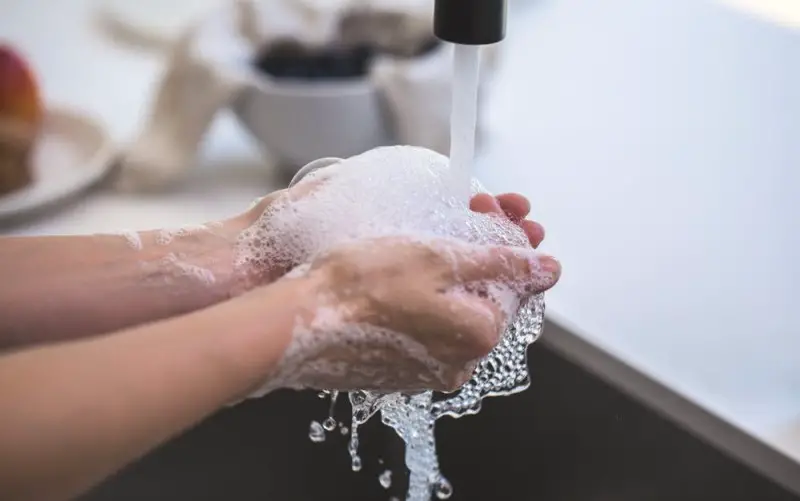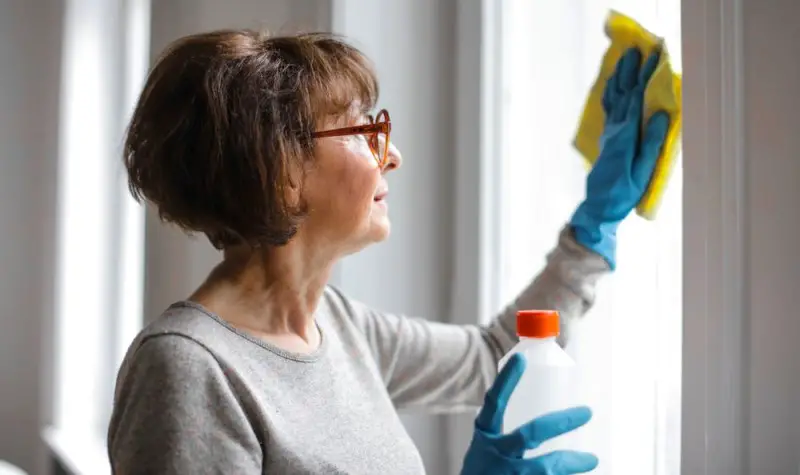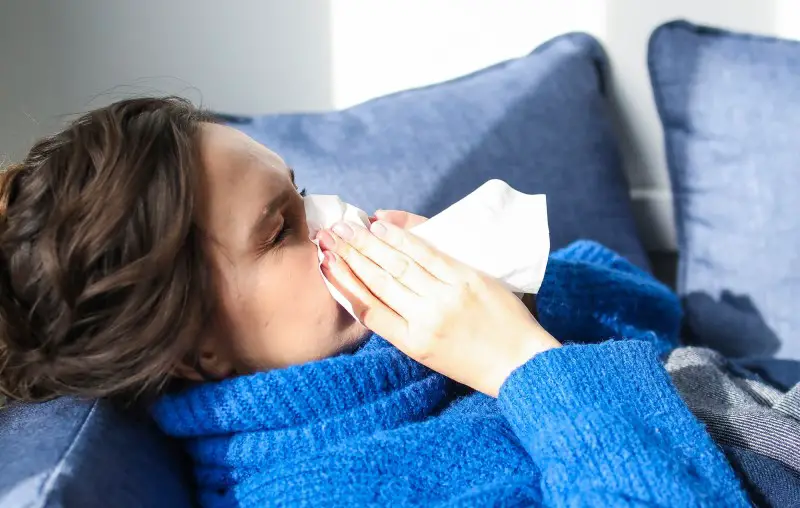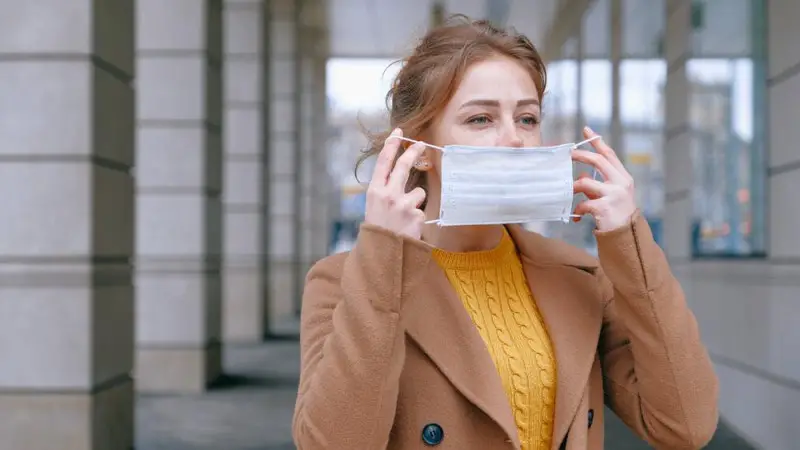COVID-19 Coronavirus has been spreading at an alarming rate since the past few weeks, affecting hundreds of thousands of people across the globe. The outbreak has gone so worse that it’s lately been declared as a pandemic by the World Health Organization.
Now, since there’s no cure available at the moment, each one of us must stay aware and follow all the necessary steps to keep away from the disease. In this article, let’s talk about how you can prepare yourself to prevent COVID-19 Coronavirus.
Prepare & Prevent COVID-19 Coronavirus
For starters, Coronavirus is an infectious disease caused by a new virus that prompts respiratory illness, like the flu. The virus has been named as SARS-CoV-2, and the disease it breeds has been called Coronavirus disease 2019, abbreviated to COVID-19.
It involves multiple symptoms, including dry cough, fever, fatigue, and breathing difficulties, followed by diarrhea. Some patients may also have aches and pains, runny nose, sour throat, and intense pneumonia in severe cases.
As this is viral pneumonia, antibiotics, or antiviral drugs made for flu won’t work here. And the recovery ultimately depends upon the strength of the person’s immune system. Out of more than 184,000 cases reported worldwide (at the time of writing), 79,927 people have managed to recover, while over 7,100 have lost their lives. You can check the live counter here.
The majority of the people who have died so far were either already in poor health or had weak immunity. The most vulnerable group comprises older adults and people who have heart disease, diabetes, or lung disease.
Since there’s no medicine or vaccine available at the moment, the best way to avoid this illness is to prevent yourself from being exposed to the virus. It primarily spreads from person-to-person, through close contact and respiratory droplets expelled by an infected person while coughing and sneezing.
Tips to Protect Yourself from COVID-19
1. Clean your Hands Often
Wash your hands often with soap and water for at least 20-30 seconds. Make a habit of doing so, especially when you’ve been to public places, going to the bathroom, before eating, or after sneezing and coughing. If soap and water aren’t readily available, carry a hand sanitizer with at least 70% of alcohol content. Apply it on your hands and rub all over until they’re dry.
2. Avoid Touching your Face
Avoid touching your face, eyes, mouth, and nose with unwashed hands as all those mucous membranes are the portal into the body for viruses like Covid-19.
For instance, when an infected person sneezes, those microscopic droplets containing the virus settle onto nearby surfaces. The next people to go through the same place will possibly touch the surfaces containing viruses. And if they use the same hands to touch their face or rub eyes, they are likely to catch the infection.
According to a new study, the virus can survive on hard surfaces like plastic and stainless steel for up to 72 hours and up to 24 hours on cardboard. Hence, you must avoid interacting with frequently touched surfaces like buttons in the elevator, door handle, seats, etc. Even if you do, wash your hands in frequent intervals as directed.
3. Clean Frequently Touched Surfaces
Well, you cannot sanitize public places or public properties- leave that to authorities. What you can do is to practice routine cleaning of frequently touched surfaces at your home, using EPA-registered household disinfectants or alcohol solutions.
Primarily clean your tables, door handles, light switches, dishes, desks, toilets, sinks, and especially your gadgets. You can use alcohol-based solutions and wipes with 70% alcohol to disinfect your phone’s screen; however, we advise caution while doing so.
According to a guideline released by the National Health Commission, the virus is sensitive to ultraviolet light and heat. Therefore, indoor spaces can be disinfected with UV light having an intensity of over 1.5 Watts/ sq meter, in a range of one meter for at least half an hour. That being said, make sure not to use it to sterilize hands, as the radiation can cause skin irritation.
4. Keep Away from Close Contact with Others
Avoid close contact with people at all costs, especially from those who are sick. Since the symptoms may take up to 14 days to appear after exposure, there’s no guaranty on whether the person sitting next to you or traveling with you isn’t infected.
People who are seemingly healthy and not showing symptoms can still be carrying the virus. And hence, it’s crucial for you to maintain the distance and refrain from any type of physical contact, including kisses, hugs, and handshakes. According to the CDC, it’s recommended to keep a minimum distance of 6 feet (2 meters) from people who are coughing or sneezing.
Avoid going to public places and public gatherings, including theatre, malls, birthday parties, weddings, and any situation where you might have to deal with a lot of people. Even if you want to go from one place to another, use your private vehicle or consider walking for nearby distances instead of taking public transport.
5. Avoid Unnecessary Travel at All Costs
Avoid all non-essential travel, including plane trips, and especially cruise ships. You are more vulnerable to respiratory viruses like COVID-19 in crowded, closed environments with little air circulation if there are infected people onboard.
Cancel all your upcoming trips, be it domestic or international. If you’ve been traveling back home, cooperate with the government and airport authorities for screening tests. More importantly, quarantine yourself at home for 14 days and strictly avoid contact with others or public transport and places- your one mistake can be lethal for others.
6. Cover Coughs and Sneezes
Cover your mouth and nose with a tissue or handkerchief whenever you cough or sneeze. Throw the used tissue in the trash; in case of cloth or hanky, wash it properly. If not handy, you can use the inside of your elbow to cover your sneezes. As mentioned, wash your hands thoroughly with soap and water or disinfect with a proper sanitizer.
7. Stay Isolated if you’re Sick
If you feel sick or notice any symptoms of Coronavirus disease, be it cough and cold, stay at home and don’t go out except for seeking medical care. Even if you do, do not use public transport, taxis or rickshaws no matter what. Prompt the medical office beforehand of your arrival so that they can make arrangements to protect themselves and other patients.
Choose a ventilated room in your home to separate yourself from other healthy members. Use a separate bathroom if available. Sanitize your room and clothes from time to time and strictly stay away from other people and family members.
While there are no reports of pets catching the COVID-19 infection, it’s still advised for sick people to restrict contact with their pet animals, until more information is known. Even if animals aren’t prone to the disease, they may still carry the virus from an infected person to other people in contact.
8. Use Face Masks if you’re Sick
If you’re sick, use a suitable facemask while you are at your home or around other people. Do the same before entering a healthcare provider’s facility to prevent the Coronavirus from spreading onto others.
It’s advisable to use NIOSH-certified N95 respirator masks, which are capable of filtering out all types of particles, including bacteria and viruses. This reduces the wearer’s exposure to airborne particles, from small particle aerosols to large droplets, and can help to limit the infection to an extent.
Nonetheless, if you’re not sick or are not around an infected person who cannot wear a mask, then you don’t necessarily need to be wearing one. It doesn’t guarantee prevention as your eyes are still bare.
Also, you may end up touching the droplets landed on the mask and your face altogether, killing its effectiveness. Facemasks are in limited supplies and need to be saved for caregivers and infected.
9. Avoid Rumors and Mis-information
It’s vital to keep away rumors and misinformation to fight this disease in an effective manner. There are a lot of rumors floating on WhatsApp and other social media platforms claiming certain things about the coronavirus. Make it your responsibility to cross-check the same from trusted sources on the web before sharing anything, anywhere.
Don’t reroute a forwarded message even if you know and trust the person who sent it to you. Also, when someone is alleging something about the disease, pause for a moment, and think whether if he/she has any valid points. Verify the information at your level and avoid myths and claims which do not have any scientific backing.
Always stay tuned to credible news channels and government authorities for timely and accurate COVID-19 information.
10. Keep a Check on Emotional Health of your Household Members
The Coronavirus outbreak can be stressful for adults and children in your family, especially if you live in an affected region. Talk with your family members about the disease, discuss the preventive measures, and assure them that they’ll be safe.
If someone at your home starts showing up symptoms, keep them under isolation in a separate room to see if the symptoms grow further. Till then, refrain from any type of physical contact, maintain a proper distance, cover your eyes, and wear masks. Ask the person to stay strong and offer him adequate moral support.
You can stop home isolation and can resort to a health checkup if the person hasn’t experienced any fever for at least 72 hours (without the use of fever medicines), the symptoms have improved, and at least seven days have passed since the symptoms first appeared. If symptoms continue for more than seven days, consult a doctor with a prior appointment.
Prevent the Coronavirus Crisis- Wrapping Up
While COVID-19 is a grave matter of concern, we urge you not to panic and practice the preventive measures given above to protect yourself from the illness.
Depending upon the situation in your locality, public health officials may recommend specific measures to slow the spread and reduce the impact of the disease. Cooperate with the authorities and make your individual efforts against the pandemic. Stay informed and stay safe.









